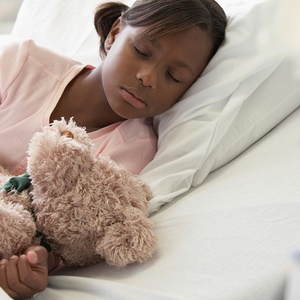
In hospitals around the world, noise complaints are booming. But some medical centres are trying to stem the "round-the-clock" racket.
Medical equipment, air circulation machinery, announcements and staff pages create a cacophony of sounds 24/7 that can stress patients, staff and visitors alike, said Ilene Busch-Vishniac, a consultant on noise control.
Bad for health and communication
Besides sleep disruptions, high noise levels in hospitals can change patients' heart rate, respiration and blood pressure. These, in turn, boost stress levels and may slow healing, said Busch-Vishniac, of BeoGrin Consulting in Baltimore.
Excessive noise can also interfere with communication between hospital staff and patients, she added.
The effect that excessive noise levels have on nursing staff also needs to be considered. Because nurses spend more time in hospitals, they experience most of the burden from excessive occupational noise levels.
Alarms the biggest culprits
Equipment alarms are a major source of hospital noise. While some of these alarms alert staff to changes in a patient's medical condition, others sound when medication or batteries are running low.
"Alarms in hospitals are being horribly abused. Most of the time, they don't in fact indicate urgent situations," Busch-Vishniac said in a news release from the Acoustical Society of America.
Bedside alarms sound an average 133 times a day, according to background research with the study.
"Most alarms are being responded to eventually, but not all in a timely fashion," Busch-Vishniac said. "Staff also may not respond quickly because they recognise that the sound is not critical and the situation will right itself."
How to reduce noise levels
Busch-Vishniac said she has reviewed the limited number of studies dealing with hospital noise.
Steps hospitals are taking include installing noise-dampening materials in the walls and ceilings; keeping the door to a patient's room closed; and establishing quiet hours when doors are closed and voices are kept low.
Another approach is having alarms sound at the nursing stations as well as in a patient's room, which means the alarm volume can be turned down.
In the future, it may be possible to do away with bedside alarms, Busch-Vishniac said.
She is scheduled to present her research at the annual meeting of the Acoustical Society of America, in New Orleans.
Image credit: iStock




 Publications
Publications
 Partners
Partners











